Asphalt concerns
prussell
15 years ago
Featured Answer
Comments (12)
Kimmsr
15 years agotoxcrusadr
15 years agoRelated Professionals
Lowell Landscape Architects & Landscape Designers · Piqua Landscape Architects & Landscape Designers · Buford Landscape Contractors · Wakefield Landscape Contractors · Burien Landscape Contractors · Canby Landscape Contractors · El Mirage Landscape Contractors · McLean Landscape Contractors · Mount Sinai Landscape Contractors · West Orange Landscape Contractors · Hawaiian Gardens Landscape Contractors · York Decks, Patios & Outdoor Enclosures · Clermont Decks, Patios & Outdoor Enclosures · Diamond Bar Decks, Patios & Outdoor Enclosures · Randallstown Decks, Patios & Outdoor Enclosuresbob64
15 years agoKimmsr
15 years agodigdirt2
15 years agoJohnnieB
15 years agodchall_san_antonio
15 years agoshebear
15 years agotoxcrusadr
15 years agodigdirt2
15 years agoprussell
15 years ago
Related Stories
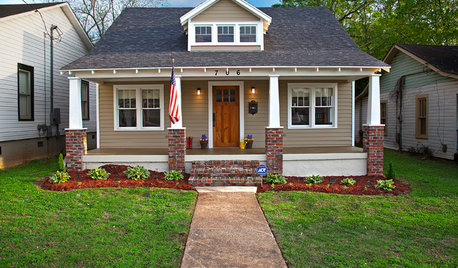
MATERIALSThe Most Popular Roofing Material is Affordable and Easy to Install
Asphalt shingles, the most widely used roof material in the U.S. are reliable and efficient, and may be right for you
Full Story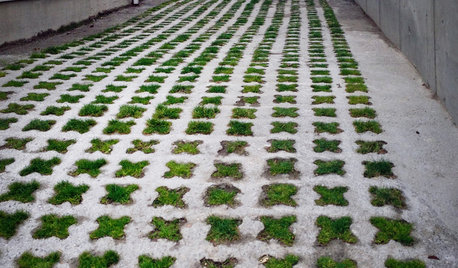
EARTH DAYHow to Build a Greener Driveway
Install a permeable driveway to keep pollutants out of water sources and groundwater levels balanced
Full Story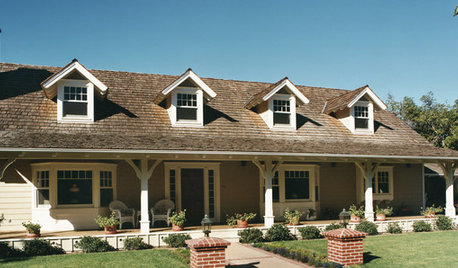
ROOFSNo Substitute for the Natural Beauty of Wooden Roof Shingles and Shakes
This natural, renewable roof option brings weathered character and nostalgic appeal to traditional-style homes
Full Story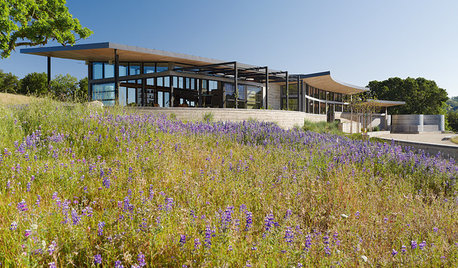
GREEN BUILDINGModern Design Captures Valuable Rain
Instead of letting a precious natural resource trickle away, these architectural features make the most of it
Full Story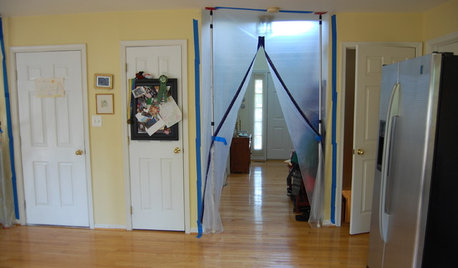
HEALTHY HOMEWhat to Know About Controlling Dust During Remodeling
You can't eliminate dust during construction, but there are ways to contain and remove as much of it as possible
Full Story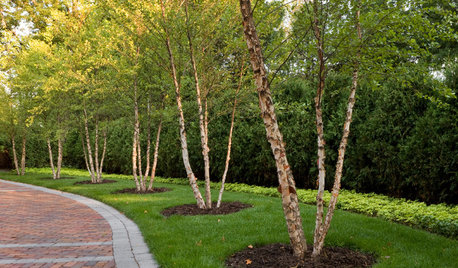
LANDSCAPE DESIGNGreat Design Plant: River Birch
Pick this rugged native tree for its intriguing peeling bark, soil adaptability or leaves that bring dappled shade to a garden
Full Story
GREAT HOME PROJECTSHow to Give Your Driveway and Front Walk More Curb Appeal
Prevent injuries and tire damage while making a great first impression by replacing or repairing front paths
Full Story
REMODELING GUIDESConcrete Driveways: Poring Over the Pros and Cons
Concrete adds smooth polish to driveways and a sleek look to home exteriors, but here are the points to ponder before you re-surface
Full Story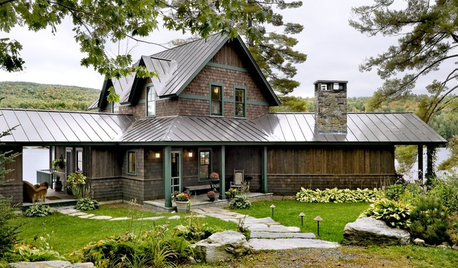
REMODELING GUIDESMaterials: The Advantages of a Metal Roof
Metal reigns in roofing style, maintenance and energy efficiency
Full Story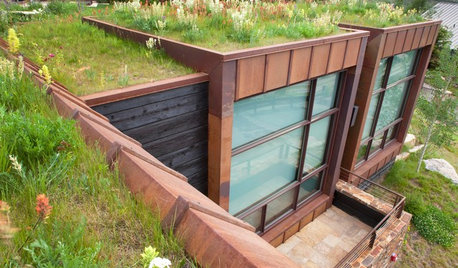
GREEN BUILDING6 Green-Roof Myths, Busted
Leaky, costly, a pain to maintain ... nope, nope and nope. Get the truth about living roofs and see examples from simple to elaborate
Full StoryMore Discussions







toxcrusadr